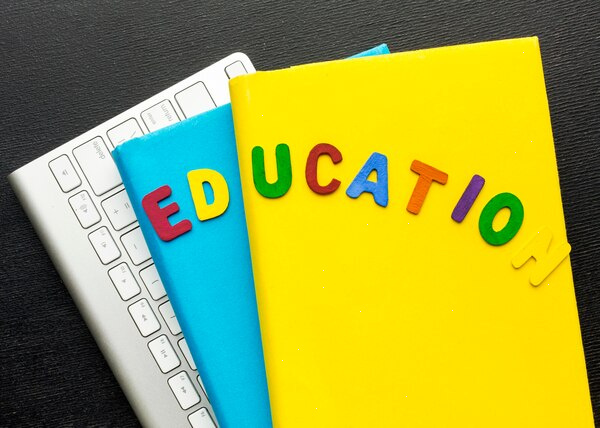Adapting to Educational Challenges

In an era marked by rapid technological advancements and shifting societal norms, the education sector faces a multitude of challenges that require innovative solutions and adaptive strategies. The landscape of education is evolving, impacted by technological integration, diverse student needs, and global accessibility issues. Navigating these challenges necessitates a collaborative effort among educators, policymakers, students, and communities.
One of the foremost challenges is the integration of technology in education. While digital tools offer unprecedented opportunities for personalized learning and global connectivity, they also present obstacles. Ensuring equitable access to digital resources is a significant concern as it highlights the digital divide between students of varying socio-economic backgrounds. To address this, schools and governments must invest in infrastructure and provide resources that ensure all students have access to the necessary technology and internet connectivity.
Moreover, the rise of artificial intelligence (AI) and its role in education demands careful consideration. AI-powered tools can enhance learning experiences by offering personalized pathways and instantaneous feedback. However, this also raises questions about data privacy, ethical usage, and the role of AI in traditional teaching environments. Educators need training not only in the use of these technologies but also in understanding their implications and limitations.
Another challenge is meeting the needs of diverse learners in increasingly multicultural classrooms. Educators are tasked with developing curricula that are inclusive and representative of varied cultural, linguistic, and learning backgrounds. This requires ongoing professional development that equips teachers with strategies to engage all learners, from those with different learning abilities to those for whom the language of instruction is not their first language. Schools can also benefit from community partnerships that bring cultural context into the classroom, thereby enriching the educational experience and fostering a more inclusive environment.
Furthermore, the global pandemic has underscored the necessity for adaptable education systems. The swift transition to online learning revealed both the potential and the pitfalls of digital education. Moving forward, education systems must be resilient, prepared to pivot between in-person and remote learning as circumstances dictate. This involves not only technological preparedness but also teacher readiness and curriculum adaptability.
In addressing these challenges, the role of policymakers cannot be understated. Effective policy is essential to provide the resources, support, and regulatory framework necessary for educational institutions to thrive. This includes funding for digital infrastructure, initiatives to close educational gaps, and policies that encourage innovation while safeguarding student privacy and data security.
Collaboration between educators and technology developers is equally crucial. By working together, they can ensure that digital tools align with pedagogical goals and truly enhance the learning experience. This partnership should also include feedback loops where educators convey their experiences and challenges back to developers to continuously refine educational technologies.
Finally, education systems must place greater emphasis on developing critical skills in students, such as adaptability, problem-solving, and digital literacy. The future workforce will need to navigate a world that is as much virtual as it is physical. Education must therefore equip students with the tools to succeed in diverse environments, fostering resilience and a lifelong learning mindset.
In summary, adapting to educational challenges in our rapidly changing world requires a holistic approach that considers equity, inclusivity, and sustainability. Through strategic investment, innovative policy, and community collaboration, the education sector can overcome these challenges and create learning environments that are robust, dynamic, and prepared for the future. The end goal should be to nurture a generation that is not only academically proficient but also socially and emotionally resilient, ready to face the complexities of the modern world.